Ideally want a polynomial fit or Gaussian Process Regression. Unsure how to implement this in sklearn. Data is stored in pandas.
I have tried the below, but it loads very slowly, even when there are only 128 data points.
from sklearn.svm import SVR
X, y = df11[['P1FRAMES']], df11[['A']]
svr_lin = SVR(kernel='linear', C=1e3)
svr_poly = SVR(kernel='poly', C=1e3, degree=2)
y_lin = svr_lin.fit(X, y).predict(X)
y_poly = svr_poly.fit(X, y).predict(X)
Is there a faster way to generate a second order polynomial best-fit line? Or any other best-fit line that you think might be suitable?
Thanks
Tom